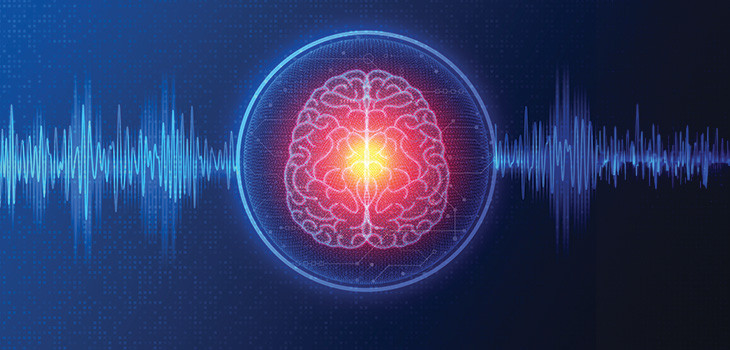
Since launching the Institute of Neurotechnology and Law (INL) earlier this year, I have noticed that many lawyers seem to think of neurotechnology as: (i) something for the future but not now; and/or (ii) of no practical application to their particular area of law.
Part one of this series (NLJ, 7 June 2024) showed that (i) is incorrect. Fantastical capabilities, which, even as recently as five to ten years ago seemed the sole province of science fiction, are now with us and weaving their way into our everyday life. The purpose of this article is to show that (ii) is also false. Neurotech affects both huge swathes of substantive law as well as legal practice more generally. Below I discuss the most obviously and directly affected areas of law. Each area will then be the subject of a standalone article in this series and examined in more detail in the weeks











